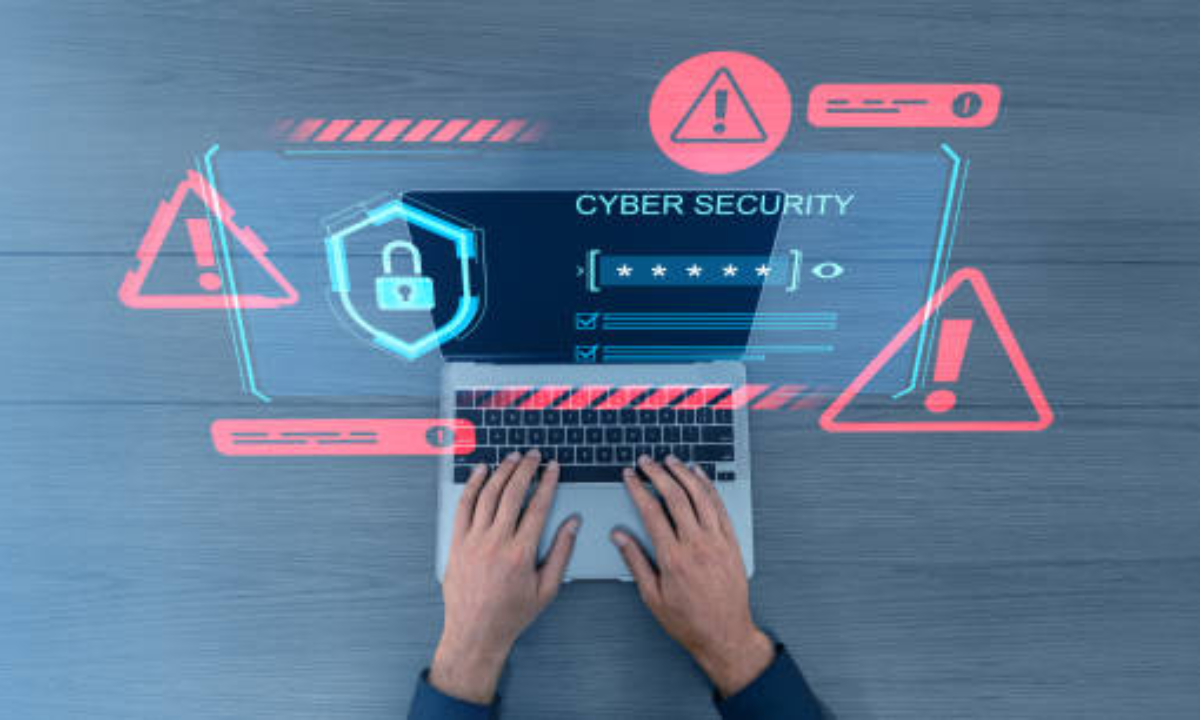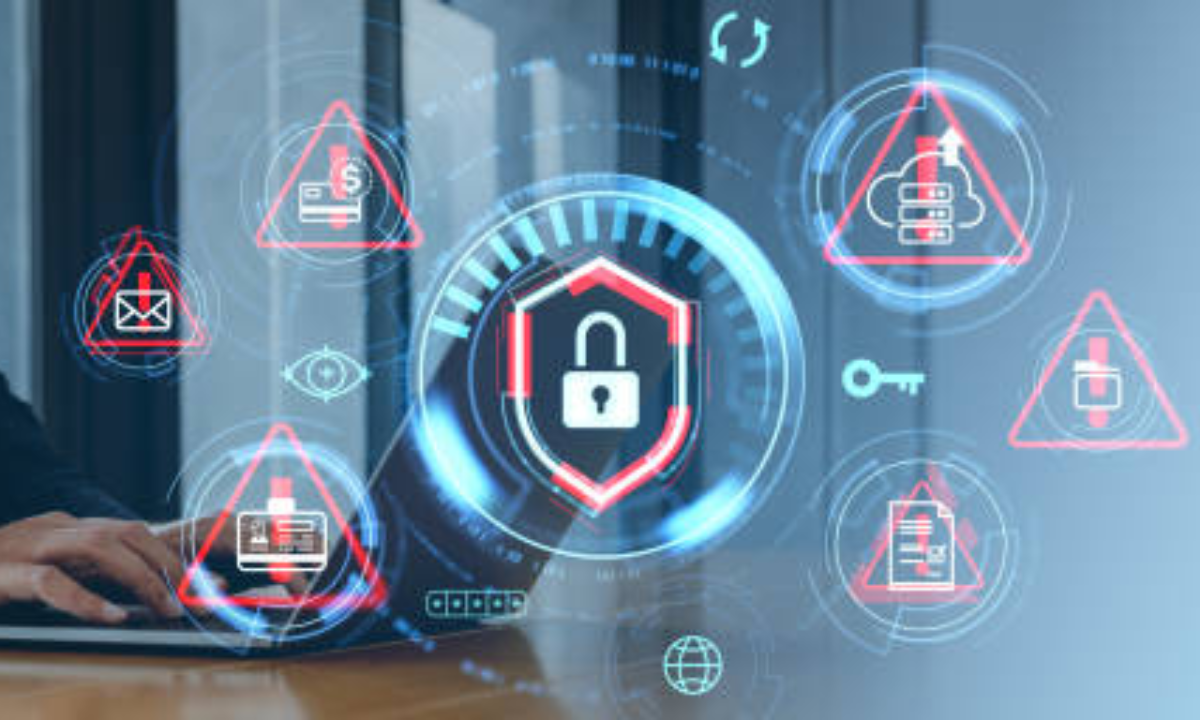Table of contents:
|
1. Introduction |
|
2. What are Online threats? |
|
3. Different Natures of Online Threats |
|
4. Email-Based Scams |
|
5. Secret Spy Tools |
|
6. Other Common Threats |
|
7. How cybercrime online threats impact our daily lives |
|
8. Bearing a Firearm: How to Defend Yourself Using Simple Measures |
|
9. Learning and Resources: Where to Learn |
|
10. Conclusion |
Introduction
In a hyperconnected world, it is important to understand what online threats are and why they matter. Whether we read an email, shop online, or stream movies, new threats to our security can arise from seemingly ordinary actions, such as using our own garage doors. Recognizing serious cyber threats and cybercrime helps us spot warning signs before damage occurs. This article will share tips and easy-to-understand examples for applying complex ideas to daily life.
What are Online threats?
Online threats are attacks that aim to steal data, disrupt services, or spy on users. To answer what online threats are, think of any harmful online activity—from scams to spyware designed to gather personal information. These risks can come from obvious pop-up ads or more complex attacks on banks, governments, and individuals. Detecting them begins with learning to recognize their signs.
Different Natures of Online Threats
Our understanding changes as we learn about the types of online threats criminals use. Some risks are easy to spot, while others hide deep within networks. The main categories include:
-
Malware: It is a computer software that is used to damage or cripple systems.
-
Ransomware: It encrypts data and requires a payment to decrypt the data.
-
Identity Theft: Steals personal information to commit fraud.
-
Deepfakes: Generate hyperreal, but artificial audio or video with the help of AI.
-
Social Engineering: Deceives users into revealing secrets.
All of these entries might be worth pages of analysis in their own right, but simply knowing you can and should utilize them places you above average.
Email-Based Scams
A trick as old as it is efficient is phishing, where the attackers will name the emails as those of trusted sources. The common example is when one receives an urgent message: “Confirm your password” or “Click here to avoid your account being suspended.” When you click, your credentials get directly to the scammer.
More contemporary versions contain malicious software in attachments. Even cautious users can be tricked easily when looking past the URLs or even the sender information. Reminders of red flags alongside activating two-factor authentication are the best mitigation strategies against such attacks before they occur.
Secret Spy Tools
Next to this, we are introduced to programs called spyware. The application sneak into devices via fraudulent downloads and security loopholes. Sitting dormant until either you unlock them or a keylogger triggers them, they begin to record every keystroke you enter, take screenshots of your desktop, or capture the browser history.
Some spyware even has live data transmitted to its controller, thus a very powerful identity theft tool, or a corporate espionage tool. Eliminating these lurking dangers usually necessitates specialized anti-spyware software, and ensuring that security preparations are current and performing regular system scans.
Other Common Threats
In addition to fraud and snooping programs, there are several dangers that are continually problematic:
-
Man-in-the-Middle Attacks: Hackers affect the Internet connection by means of Wi-Fi.
-
Drive-by Downloads: When a user visits an infected site, malware is installed automatically.
-
Brute-Force Attacks: The Attacker tries various passwords until a match occurs with the help of a computer program.
It proves that being conscious of these tricks will keep you alert and make it possible to make better decisions when on the web.
How cybercrime online threats impact our daily lives
Banking, shopping, and socializing are all forms of everyday routines that can be a costly fallout of Cybercrime. Consider the horror of awakening to products being stolen, bank accounts emptied, and photos lost. The elderly, young people, and telecommuters are at greater risk as they are less tech-savvy. Even small business owners will lose when the customer data becomes compromised or when the processing comes to a standstill.
Besides the direct loss of money, such cases make digital services trustless. People complain of stress, shame, and it also takes a long time to recover completely. By understanding how online threats translate into real-life setbacks, you are better positioned to plan safeguards that can be of most use to your family or company.
Bearing a Firearm: How to Defend Yourself Using Simple Measures
You do not have to have a computer science degree to build a habit of security. Start these easy ways:
1. Use strong, unique passwords using a security-minded password manager.
2. Activate multi-factor authentication for email, bank account, and social media.
3. Stay current with running systems, browsers, and applications.
4. Installing and keeping a good antivirus/anti-malware in place.
5. Don't make important transactions over publicly available Wi-Fi-or use a virtual private network (VPN).
6. Be extra careful of clicking on links or opening surprises attachments
All these minor adjustments add up to give a rather good security framework that cannot be beaten easily.
Learning and Resources: Where to Learn
Those who wish to become more skilled can take a cybersecurity course in Bangalore to get systematic instruction as well as practical exercises. Network security, ethical hacking, and incident response are some of the fields that can be found in the study books. Teaching and support can take place locally through workshops and meet-ups, as well as present real-world perspectives.
Alternatively, online training provides malleable modules on the unpacking of threats and safe coding behavior. A classroom-based program in Cybersecurity in Bangalore could be the perfect move to certification and working in the field as a security officer.
Conclusion
Online life is convenient yet has its under-the-surface dangers. Learning about various forms of online threats, what online threats are, and simply adopting a few security routines, you can be a step above the local malefactor. Regardless of the alternative you prefer to engage in, self-study or formal training, awareness is your best weapon against Cybercrime. Action without fear, action with knowledge, action on what is most valuable to preserve.
Apponix is one of the leading technical training institutes in Bangalore, known for delivering industry-relevant and career-focused programs that prepare learners to excel in the competitive IT world. With a strong reputation for quality training and student success, Apponix has become a trusted choice for thousands of aspiring professionals.
Don't miss the chance to become a competent security expert today. To know more about the Cyber Security course, Visit: apponix.com






